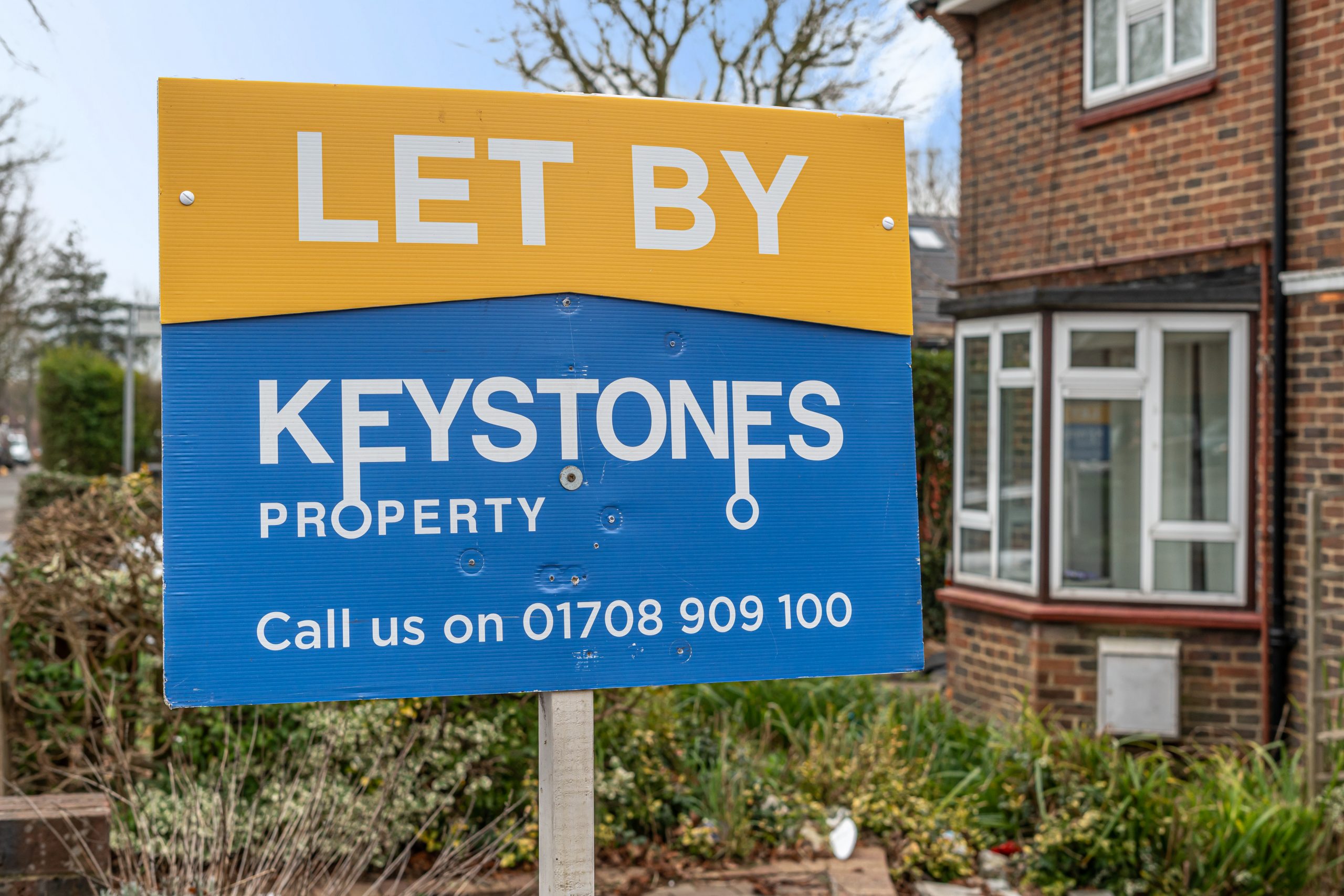The financial markets are a full-on industry, with plenty of different products, plenty of choice and some great deals to be had. But it can be confusing about where to look and what to do.
We have many clients asking us questions all the time about mortgages, rates, and product changes. It all depends on your circumstances and where you fit in.
Please check out my blog on how to get yourself in the best position on the mortgage front to make yourself attractive to lenders.
There are some key differences regarding going through a bank vs a mortgage broker and I will sum up these points as best as I know. Bear in mind, I have used both aspects – I purchased my last home through a broker but have also gone directly through the bank too. Both have their pro and cons.
I will try to decipher as best I can, the differences between both without giving you a bias.
Direct to the Bank

If you are tied into a current mortgage with a redemption penalty, then this could be a good route to consider. A redemption penalty is contained within the mortgage offer when you took out your mortgage and means that you are tied in for a certain period of time, meaning that if you cancel or leave your lender within a certain number of years, you will have to pay them a penalty charge to leave.
Now, depending on the new rate that you obtain, this could work out, however, even with a redemption, sometimes going with a new product with the same lender could be beneficial as if you enquire within and tell them that you intend to stay with them, you may not need to pay this penalty.
This is a massive positive that you have when going directly with your bank.
However, a stressful part of going directly with the bank is that you will only receive the rates that that bank has on offer.
It is a little bit like booking a flight with British Airways or logging on to Skyscanner and having a range of different flights to look at to see where you get the best deals and the most convenience.
Comparison Sites

You can always go on comparison sites which will give you a whole range of products from banks, lenders and building societies to see what gives you the best rate that suits your needs, however, my advice would be that you have time on your hands, and you know what you are doing within the mortgage market otherwise there is too much choice and you are likely to make a mistake.
As explained in previous blogs, everyone’s situation is different and depending on the situation can mean you are better suited to certain lenders, this is where your knowledge of a broker can come in handy.
A real negative that I personally experienced with a bank is that you can be waiting weeks for an appointment to see their mortgage consultant and when you do get the appointment and take time off of work or general life they could deem you to not qualify for the requirements that they want from the actual bank.
However, a great pro for using the bank is that most do not charge application fees whereas brokers may well do and also charge a proc fee at the end wrapped up into the loan. So in essence, direct through the bank means that you are not paying a commission to a broker.
Using a Broker

Using a mortgage broker is a bit like using a travel agent (going back to the flight analogy), they can become a one stop shop but also have the whole of the market in terms of the lenders to choose from.
Most brokers work independently but with a franchise that works closely with nearly all of the banks.
A good experienced mortgage broker should be able to meet you at a convenient time that suits you and run through all the different products, deals and suitable for you and your families circumstances.
For example, if you are self-employed, have been off work sick for a period of time, have maternity leave or changed jobs, a broker should be able to ascertain what lenders are going to be right for you and what lenders are not due to your situation.
e.g. Santander may not be great if you have had gaps in your employment, but may have the best rates at the time of your deposit might be 30% and you are an owner of a Ltd Company that has only been trading for 2 years and not 3 years, therefore, Halifax may be the best. Or you may be buying a non-standard construction, therefore, you may not be able to obtain deals from certain lenders. This is what you pay a broker for, his or her knowledge and expertise.
Therefore, it is good to use an experienced broker as there is far more chance that you will be able to obtain your mortgage with a suitable lender, with hundreds of lenders out there, it can get really confusing, therefore, this is why using a broker is a major plus point.
Choose your broker carefully because they all charge different fees. Another reason to choose your broker carefully is that you are trusting the services of someone who is potentially going to be advising you on the biggest purchase of your life, therefore, you want to know that they come recommended and their advice is good and valid.
Many different property transactions fall through due to bad brokers with bad communication and are unfortunately untrustworthy, so have a plan and your research.
Fees

Brokers charge fees, they will usually charge a fee anywhere between £0-£1000 upon application of the mortgage which means submitting everything to the lender. This doesn’t guarantee you the mortgage, so this is potentially a negative as you could waste a lot of money for absolutely nothing, whereas with a bank you will not.
Procurement or Proc Fees are usually between 0.3%-0.6% depending on the bank and are wrapped up into the loan amount, this is what the broker gets paid for by the bank which is billed to you. Be careful, as with any salesperson, a broker might be attuned to try to direct your head towards the highest fee-paying lender, which may not be ideal for you.
Another thing to watch out for with a mortgage broker is the length of time they tell you to get a mortgage for, the shorter the time, the more likely they can drag another fee out of you quicker upon repeat business, so just be mindful.
Life Cover

This is another thing to watch out for, most brokers get paid handsomely by recommending life cover, life insurance and life assurance. This can mount up into the thousands so be very wary of a broker that is constantly pushing to sell you this cover.
Most of the time, you can find cheaper going direct without the broker commissions that get paid, meaning that you save money.
Again, this is not necessarily a negative thing, you might just want peace of mind and someone else to handle the whole case for you, but beware that you could be paying handsomely for the service.
My job is just to make you aware.
More from the Keystones learning hub
Keep updated with what's going on in your local area. Our latest news provides up-to-date information on everything regarding the local property market, for everyone including homebuyers, sellers, tenants, and landlords.
Section 21 – Abolishment

19 December, 2024
Will Pets Be Allowed In Properties With The Renters Rights Bill?

19 December, 2024
Banning Discrimination – Renters Rights Bill

19 December, 2024

Come and see us face to face
Keystones are Open 6 days a week. Pop in, have a Tea or Coffee as we always have people on hand to help you.
Keystones Property
-
Keystones Property Collier Row
13 Clockhouse Lane, Collier Row, Romford, Essex, RM5 3PH, United Kingdom -
Email: [email protected]
-
Telephone: 01708 909 100







